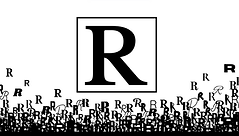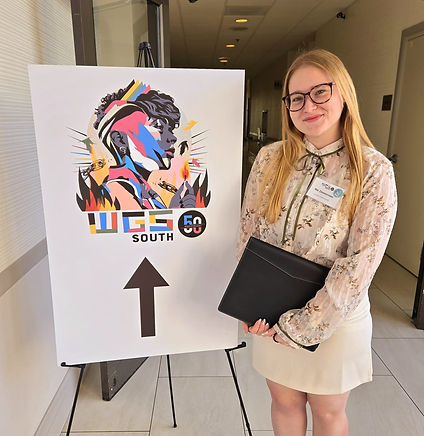
Academic Conferences

Women, Gender, and Sexuality South
WGS South (Formerly The Southeastern Women’s Studies Association or SEWSA) is a feminist organization that actively supports and promotes all aspects of women’s studies at every level of involvement. The organization is committed to scholarship on and activism eliminating oppression and discrimination on the basis of sex, gender identity and expression, race, age, religion, sexual orientation, ethnic background, physical ability, and class.
Passing in Plain Sight: Visibility, Activism, and Identity in Leslie Feinberg’s Stone Butch Blues
The act of passing would seem to be the opposite of activism because it is an act meant to avoid detection. While the language of passing is, itself, problematic, African-descended people passing as white might be read as attempting to capitulate to a racial binary. Similarly, trans people passing as cis or cishet might be read as attempting to capitulate to the gender binary rather than challenging it. But this paper explores the potential for reading passing as a surprising act of activism that foregrounds resistance, resilience, and solidarity rather than disappearance. I focus on Leslie Feinberg’s groundbreaking trans novel Stone Butch Blues (1993) and the feelings of anxiety and dissatisfaction that the protagonist, Jess, feels in her varied attempts to pass as male. Feinberg’s novel illuminates the ways that the danger and mobility of passing create an important sense of resilience and solidarity among marginalized communities. This solidarity further highlights that passing should not be dismissed only as an attempt to “pass out of” marginalized communities. Instead, I argue that passing becomes an act of intentional mobility that allows people to understand their identity and the way in which they express it, further connecting them to themselves and their communities. To help illuminate these activist dynamics, I draw on theories of racial passing as well as sexual/gender passing, especially C. Riley Snorton’s theories of fugitivity and transversality. Jess’s experiences illustrate the ways in which passing can be both a deliberate act of self-preservation as well as an act of activism that might be both intentional and unintentional simultaneously. While passing can never be divested from histories and strategies of trying to escape structures of surveillance and oppression, I show how it can be viewed as a strategic, intentional act of mobility that deepens communal and personal understandings of identity.

